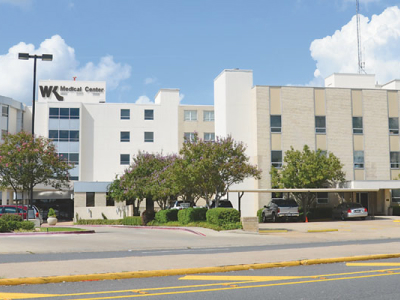Facial Trauma Surgery
What is Facial Trauma?
Facial trauma involves any injury to the teeth, as well as the skin, organs or bones of the face. There are a number of possible causes of facial trauma such as motor vehicle accidents, accidental falls, sports injuries, interpersonal violence, and work-related injuries. Typically, facial injuries are classified as either soft-tissue injuries (skin and gums), bone injuries (fractures), or injuries to special regions (such as the eyes, facial nerves or the salivary glands).
Who Treats Facial Trauma?
In order to properly treat facial trauma, one must be well versed in emergency care, acute treatment and long-term reconstruction and rehabilitation – not just for physical reasons but emotional as well. Our Oral and Maxillofacial Surgeons are trained, skilled and uniquely qualified to manage and treat facial trauma. Injuries to the face, by their very nature, impart a high degree of emotional, as well as physical trauma to patients. The science and art of treating these injuries requires special training involving a “hands on” experience and an understanding of how the treatment provided will influence the patient’s long term function and appearance.
How Do You Treat Facial Trauma?
Depending on the nature of the injury, there may be one of several ways to properly treat facial injuries. Soft tissue injuries such as lacerations on the face are repaired by suturing. In addition to the obvious concern of providing a repair that yields the best cosmetic result possible, care is taken to inspect for and treat injuries to structures such as facial nerves, salivary glands, and salivary ducts (or outflow channels). Fractures of the bones of the face are treated in much the same as their counterparts throughout the rest of the body. Treatment is determined by various factors including the location of the fracture, the severity of the fracture, the patient’s age, and the general health of the patient. Many options exist for stabilizing fractures. One of these options involves wiring the jaws together for certain fractures of the upper and/or lower jaw. Often these and other types of fractures of the facial bones and jaws are best treated and stabilized by the surgical placement of small plates and screws at the involved site(s), better known as rigid fixation, allowing for much quicker return to normal function.
Will I Have Scars All Over My Face?
The treatment of facial fractures should be accomplished in a thorough and predictable manner, with the patient’s facial appearance being minimally affected. An attempt at accessing the facial bones through the fewest incisions necessary is always made. At the same time, the incisions that become necessary are designed to be small and, whenever possible, are placed so that the resultant scar is hidden.
What About if My Teeth are Broken?
Oral & Maxillofacial Surgeons usually are involved in treating fractures in the supporting bone, or in replanting teeth that have been displaced or knocked out. These types of injuries are treated by one of a number of forms of splinting (stabilizing by wiring or bonding teeth together). If a tooth is knocked out, it should be placed in salt water or milk. The sooner the tooth is re-inserted into the dental socket, the better chance it will survive. Therefore, the patient should see an Oral & Maxillofacial Surgeon as soon as possible. Never attempt to wipe the tooth off, since remnants of the ligament that hold the tooth in the jaw are attached and are vital to the success of replanting the tooth. Other dental specialists may be called upon such as endodontists, who may be asked to perform root canal therapy, and/or restorative dentists who may need to repair or rebuild fractured teeth. In the event that injured teeth cannot be saved or repaired, dental implants are often utilized as replacements for missing teeth.













